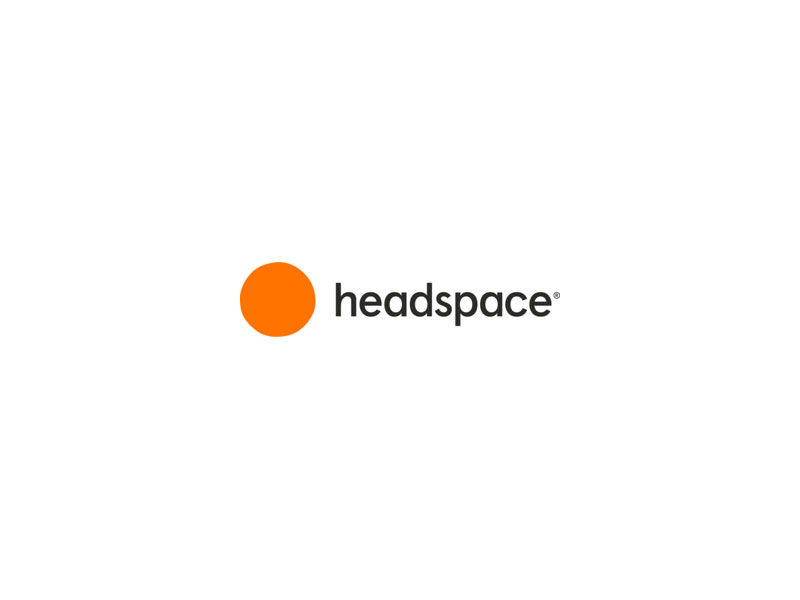Headspace, the world’s most accessible and comprehensive mental health platform, has officially announced the launch of its stratified care model, a model which is powered by Ebb, the company’s empathetic AI companion.
To understand the significance of such a development, we must acknowledge how traditional and new employee assistance programs (EAPs) have consistently shown to settle down for therapy, regardless of clinical necessity or individual preference.
Against that, Headspace will bank upon conversational AI to evaluate a member’s needs, symptoms, and risk factors at the onset before intelligently guiding them to the most appropriate level of care within Headspace’s ecosystem, including coaching, therapy, psychiatry, self-guided tools, or work-life services.
Thanks to the solution’s pledge of timely, appropriate support based on each person’s needs, it should tread prevent downstream costs associated with worsening symptoms, comorbid conditions, and lost productivity.
“A lot of traditional EAPs focus just on therapy, but we knew our team needed more than that,” said Lisa Mosby, Chief People Officer at bartaco. “Sometimes it’s therapy or coaching, sometimes it’s a meditation or a sleepcast to unwind after a long shift. We wanted to make mental health support feel natural and accessible—something people could use every day, not just in a crisis. That’s what made Headspace’s approach stand out for us.”
Talk about the whole value proposition on a slightly deeper level, we begin from the presence of Ebb, an empathetic AI companion for employees.
For better understanding, Ebb happens to be a conversational AI tool trained in motivational interviewing, an evidence-based methodology, which allows people to make positive behavioral changes. You see, with Ebb, employees can seamlessly engage in self-reflection, process emotions, and receive personalized content recommendations from over 5,000 meditations and activities across Headspace library.
In case you weren’t aware, Headspace first launched its AI companion during last fall, and it did so for its direct-to-consumer member base across U.S., UK, Australia and Canada. Since then, the technology has facilitated exchange of more than two million messages on topics ranging from relationship challenges, work frustrations, sleep issues, boundaries, and self-care.
Next up, there is the potential for smarter triage and personalized care plans that adapt to employee needs. This translates to how the new care model leverages a measurement-based care approach which combines clinically validated assessments with AI-driven insights to identify each member’s needs, severity level, and preferences. The idea here is to reach upon care plans tailored as per individual goals.
On top of it, considering member needs can evolve over time, members stay engaged through real-time progress tracking, goal setting, and timely support from Ebb, content, a coach, or a therapist.
Another detail worth a mention is rooted in the potential for accessing personalized provider matching, a facility which ensures that employees can access support across modalities, such as 24/7 phone and text support, video, and in-person care. Alongside that, members can select from over 15,000 licensed providers (plus 70,000+ via extended networks).
Provider matching powered by machine learning will also consider availability, as well as identity preferences to foster strong therapeutic alliances.
Hold on, we still have a few bits left to unpack, as we still haven’t reached upon Headspace new model’s bid to provide whole-person support through benefits navigation. As a result, members can easily find the right care, no matter whether that’s mental health support or other employer-sponsored benefits.
The stated connected experience improves upon benefits utilization, and at the same time, helps HR leaders connect physical and mental health benefits for holistic support.
Rounding up highlights would be the prospect of global scalability with multilingual and culturally responsive care. Here, Headspace will deliver support for more than 100 languages across clinical and coaching services, alongside award-winning content and navigation tools, to conceive scalable, culturally relevant mental health care for diverse global populations.
“Everyone deserves mental health support—but not everyone needs the same kind,” said Dr. Jenna Glover, Chief Clinical Officer at Headspace. “We were an early pioneer of end-to-end mental health care, knowing that people experience better outcomes when they engage in the right combination of human and self-guided care, not just a one-size-fits-all approach.”



















